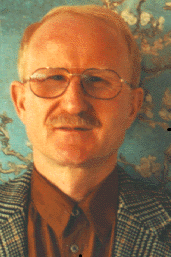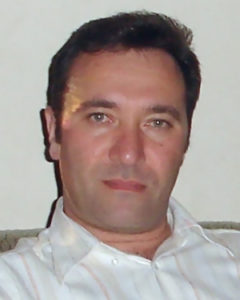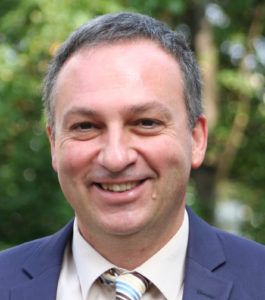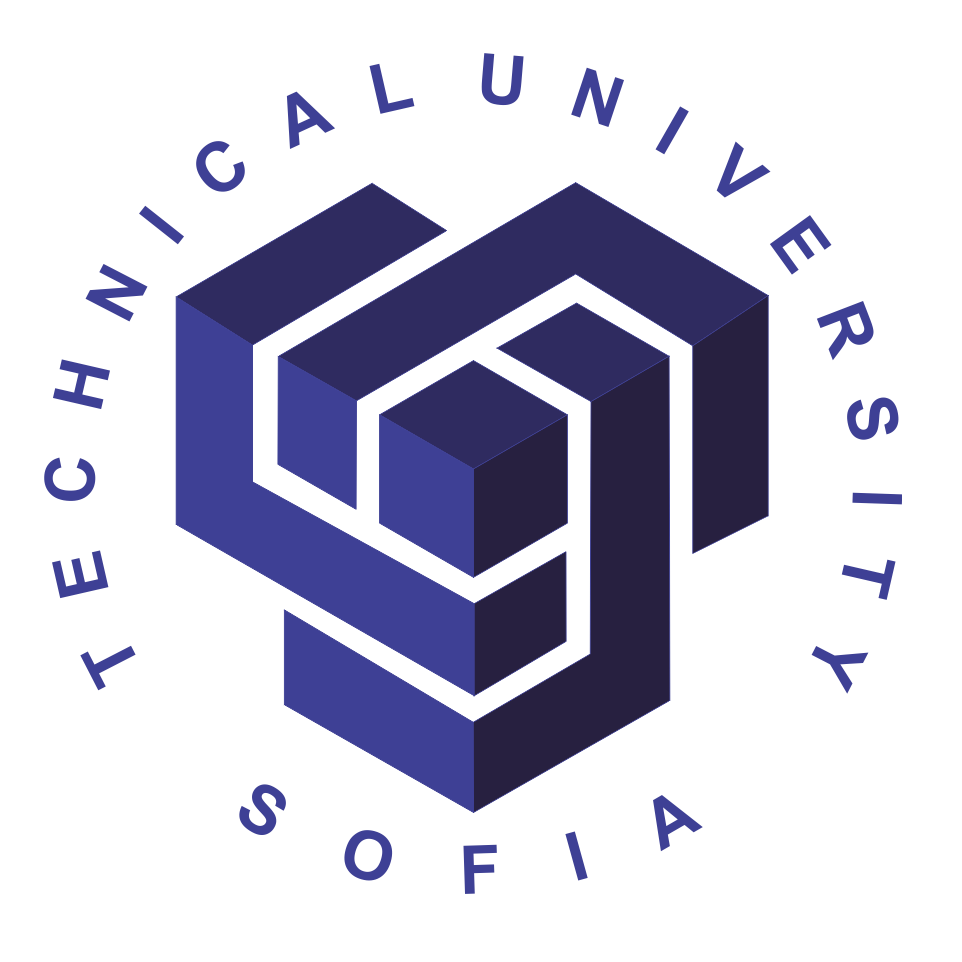Monday (June 6, 2022)
10.00-13.00 – Tutorial 1: “Blockchain as a Database, Communication Networks and WEB3.0”
Presented by Dr. Abdullah Uz Tansel, City University of New York, USA
Contents: The tutorial covers the permissioned and permissionless blockchains as a database and their fundamentals, WEB3.0 and its communication requirements, trusted protocols in network communications, briefly cryptocurrencies, and connection of IoT devices. It focuses on adding trust to communication and P2P networks with blockchains. The topic is timely and relevant for communications and networks researchers and designers who are expected to develop an appreciation of blockchain innovation and its potential in their works.
Speaker’s Biography
 Abdullah Uz Tansel received his BS in management, and his MS and PhD degrees in computer science from the Middle East Technical University, in Ankara Turkey. He has also received his MBA degree at the University of Southern California. After being a faculty member at the Middle East Technical University, Dr. Tansel joined Baruch College, the City University of New York (CUNY) where he is currently a professor of information systems and also a professor of computer science at The Graduate Center of CUNY. Professor Tansel’s research focus is on temporal databases and he has made significant contributions in this field. He also headed the editorial board that published the first book on temporal databases ‘Temporal Databases: Theory, Design, and Implementation’ (1993). Dr. Tansel has a patent on adding temporality to RDF. His research interests are Database Management Systems, Temporal Databases, Semantic Web, and Blockchain Databases. Dr. Tansel has published many articles in the conferences and journals of the ACM, IEEE and other associations. He is a frequent speaker on time in databases and blockchain as a database. He is also a member of the ACM and the IEEE Computer Society.
Abdullah Uz Tansel received his BS in management, and his MS and PhD degrees in computer science from the Middle East Technical University, in Ankara Turkey. He has also received his MBA degree at the University of Southern California. After being a faculty member at the Middle East Technical University, Dr. Tansel joined Baruch College, the City University of New York (CUNY) where he is currently a professor of information systems and also a professor of computer science at The Graduate Center of CUNY. Professor Tansel’s research focus is on temporal databases and he has made significant contributions in this field. He also headed the editorial board that published the first book on temporal databases ‘Temporal Databases: Theory, Design, and Implementation’ (1993). Dr. Tansel has a patent on adding temporality to RDF. His research interests are Database Management Systems, Temporal Databases, Semantic Web, and Blockchain Databases. Dr. Tansel has published many articles in the conferences and journals of the ACM, IEEE and other associations. He is a frequent speaker on time in databases and blockchain as a database. He is also a member of the ACM and the IEEE Computer Society.
14:30-17:30 – Tutorial 2: “Antenna Optimization and Beamforming for 5G/6G Communications”
Presented by Dr. Zaharias D. Zaharis, Aristotle University of Thessaloniki, Greece and Dr. Pavlos Lazaridis, University of Huddersfield, UK.
Contents: Several evolutionary optimization methods will be presented in conjunction with the CST 3D simulator in order to efficiently optimize multiband handset and base station antennas for 5G/6G communications. Some of the optimizers that will be presented are: Particle Swarm Optimization (PSO), Invasive Weed Optimization (IWO), modified IWO, etc. Furthermore, beamforming techniques will be introduced because of their usefulness in mmWave communications. Some of the beamforming algorithms that will be presented are: Null Steering Beamforming (NSB), Minimum Variance Distortionless Response (MVDR), and neural network-based beamformers.
Speakers’ Biographies
 Zaharias Zaharis (Senior Member, IEEE) is a physicist and also an electrical & computer engineer with MSc degree in Electronics and PhD degree in antennas and propagation modeling for mobile communications. From 2002 to 2013, he was with the Administration of the Telecommunications Network of the Aristotle University of Thessaloniki, Thessaloniki, Greece. Since 2013, he has been with the School of Electrical and Computer Engineering of the Aristotle University of Thessaloniki. He has been involved in several international research projects, such as EU Horizon 2020 MOTOR5G and RECOMBINE. He is the author of 73 scientific journal papers, 55 international conference papers, 5 book chapters, and one book. Recently, he was elected Chair of the Electron Devices / Microwave Theory and Techniques / Antennas and Propagation Joint Chapter of the IEEE Greece Section. His current research interests include design and optimization of antennas and microwave circuits, signal processing on smart antennas, development of evolutionary optimization algorithms, and neural networks. Dr. Zaharis is a member of the Technical Chamber of Greece, and is currently serving as an Associate Editor for IEEE ACCESS.
Zaharias Zaharis (Senior Member, IEEE) is a physicist and also an electrical & computer engineer with MSc degree in Electronics and PhD degree in antennas and propagation modeling for mobile communications. From 2002 to 2013, he was with the Administration of the Telecommunications Network of the Aristotle University of Thessaloniki, Thessaloniki, Greece. Since 2013, he has been with the School of Electrical and Computer Engineering of the Aristotle University of Thessaloniki. He has been involved in several international research projects, such as EU Horizon 2020 MOTOR5G and RECOMBINE. He is the author of 73 scientific journal papers, 55 international conference papers, 5 book chapters, and one book. Recently, he was elected Chair of the Electron Devices / Microwave Theory and Techniques / Antennas and Propagation Joint Chapter of the IEEE Greece Section. His current research interests include design and optimization of antennas and microwave circuits, signal processing on smart antennas, development of evolutionary optimization algorithms, and neural networks. Dr. Zaharis is a member of the Technical Chamber of Greece, and is currently serving as an Associate Editor for IEEE ACCESS.
 Dr. Pavlos Lazaridis is a Professor in Electronic and Electrical Engineering at the University of Huddersfield, UK. He received the Electrical Engineering degree from the Aristotle University of Thessaloniki, Greece, in 1990, the MSc. degree in Electronics from Université Pierre et Marie Curie, Paris 6, France, in 1992, and the Ph.D. degree in Electronics and telecommunications from Ecole Nationale Supérieure des Télécommunications (ENST) and Paris 6, Paris, in 1996. From 1991 to 1996, he was involved with research on semiconductor lasers, wave propagation, and nonlinear phenomena in optical fibers for the Centre National d’Etudes des Télécommunications (CNET) and teaching at the ENST. In 1997, he became the Head of the Antennas and Propagation Laboratory, TDF-C2R Metz (Télédiffusion de France/France Télécom Research Center), where he was involved with research on antennas and radio coverage for cellular mobile systems (GSM), Digital Audio Broadcasting (DAB), and Digital Video Broadcasting-Terrestrial (DVB-T). From 1998 to 2002, he was with the European Patent Office, Rijswijk, The Netherlands, as a Senior Examiner in the field of Electronics and Telecommunications. From 2002 to 2014, he was involved with teaching and research at the Alexander Technological Educational Institute of Thessaloniki, Greece, and Brunel University, West London. He is leading the EU Horizon 2020 projects ITN-MOTOR5G and RISE-RECOMBINE for the University of Huddersfield. He is a member of the IET, senior member of the IEEE, and senior member of URSI. He is representing the UK in URSI Commission F.
Dr. Pavlos Lazaridis is a Professor in Electronic and Electrical Engineering at the University of Huddersfield, UK. He received the Electrical Engineering degree from the Aristotle University of Thessaloniki, Greece, in 1990, the MSc. degree in Electronics from Université Pierre et Marie Curie, Paris 6, France, in 1992, and the Ph.D. degree in Electronics and telecommunications from Ecole Nationale Supérieure des Télécommunications (ENST) and Paris 6, Paris, in 1996. From 1991 to 1996, he was involved with research on semiconductor lasers, wave propagation, and nonlinear phenomena in optical fibers for the Centre National d’Etudes des Télécommunications (CNET) and teaching at the ENST. In 1997, he became the Head of the Antennas and Propagation Laboratory, TDF-C2R Metz (Télédiffusion de France/France Télécom Research Center), where he was involved with research on antennas and radio coverage for cellular mobile systems (GSM), Digital Audio Broadcasting (DAB), and Digital Video Broadcasting-Terrestrial (DVB-T). From 1998 to 2002, he was with the European Patent Office, Rijswijk, The Netherlands, as a Senior Examiner in the field of Electronics and Telecommunications. From 2002 to 2014, he was involved with teaching and research at the Alexander Technological Educational Institute of Thessaloniki, Greece, and Brunel University, West London. He is leading the EU Horizon 2020 projects ITN-MOTOR5G and RISE-RECOMBINE for the University of Huddersfield. He is a member of the IET, senior member of the IEEE, and senior member of URSI. He is representing the UK in URSI Commission F.




